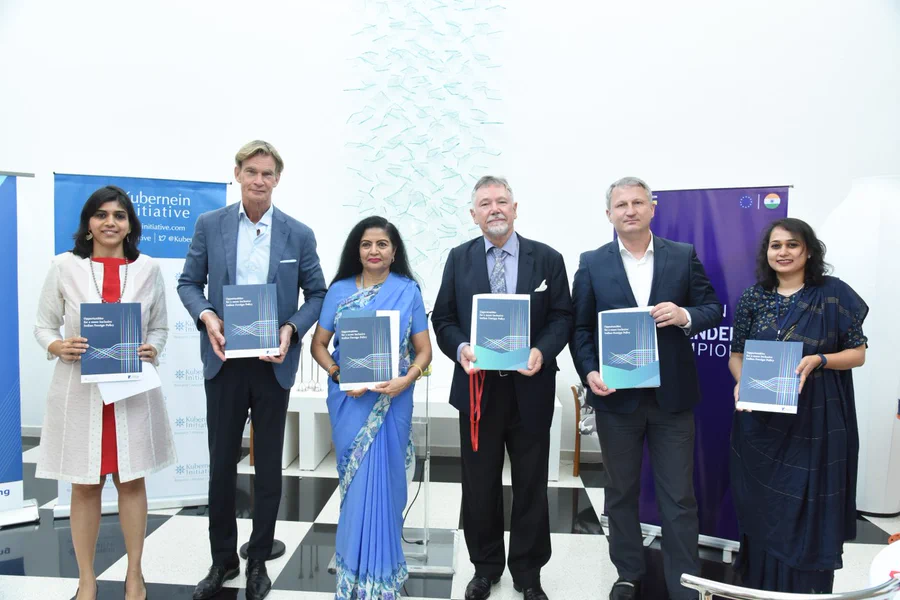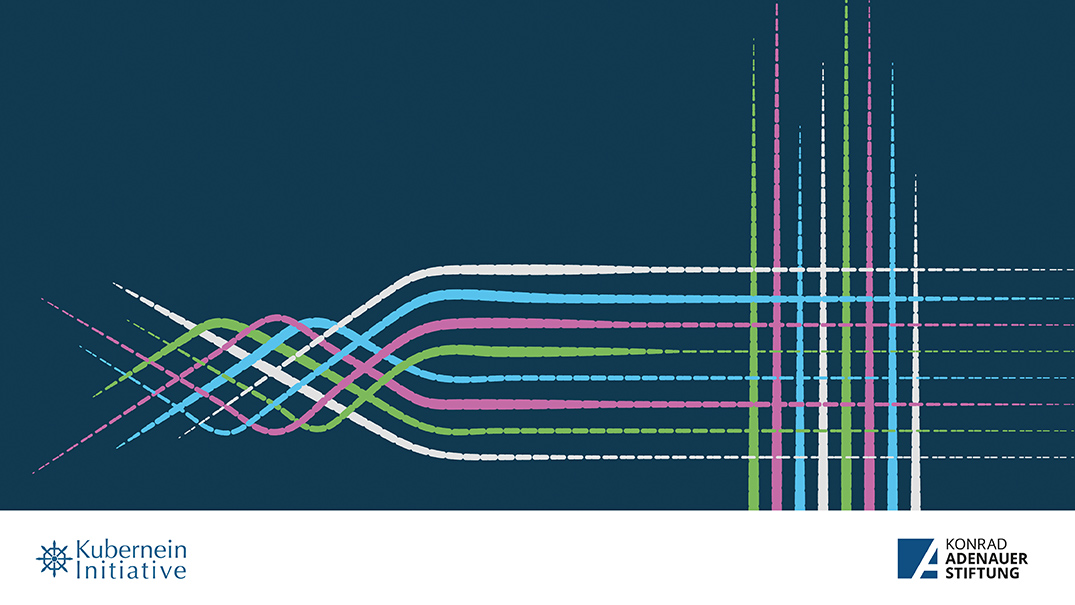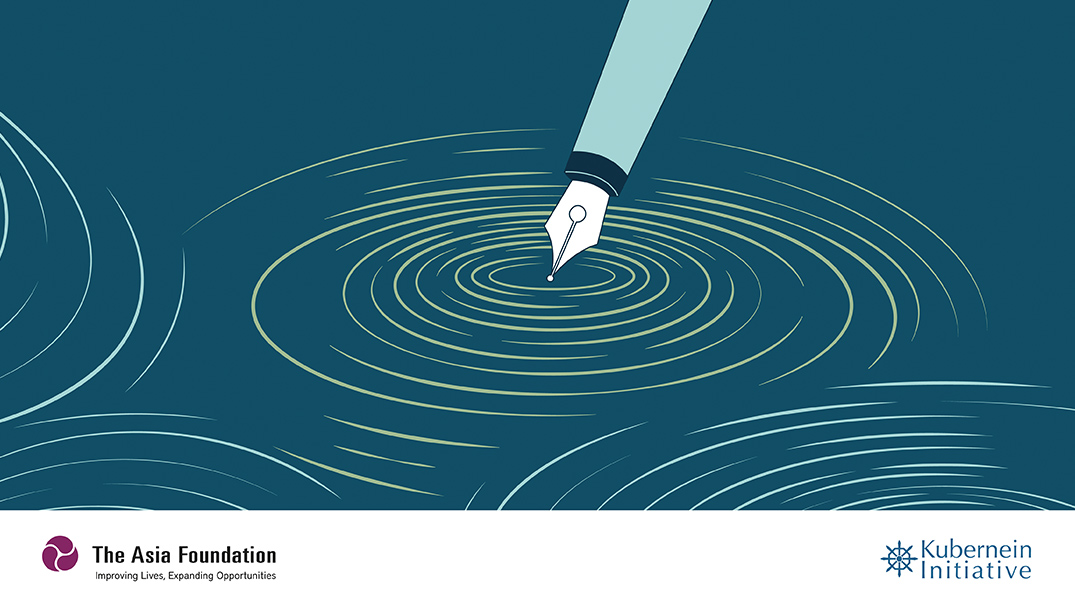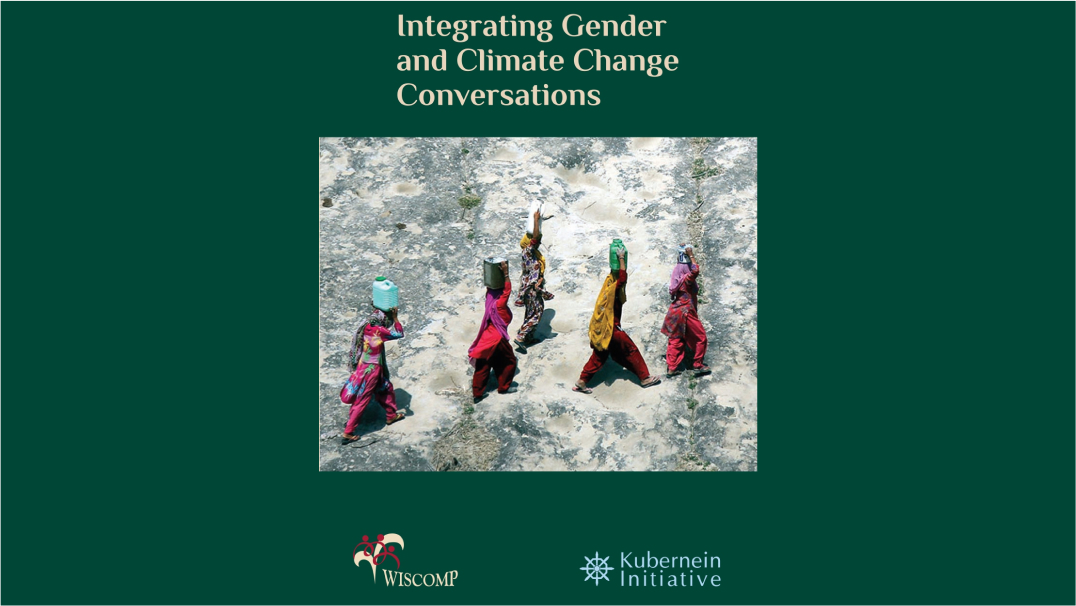Kubernein Initiative and the India Office of the Konrad-Adenauer Stiftung officially released their report, ‘Opportunities for a More Inclusive Indian Foreign Policy’. The release was hosted by His Excellency Mr. Klas Molin, Ambassador of Sweden to India at the Embassy of Sweden in New Delhi. The event commenced with opening remarks from H.E. Mr. Klas Molin, who highlighted the importance of gender mainstreaming in foreign policy, and the strides that Sweden had made since announcing its Feminist Foreign Policy in 2014. Ambassador Lakshmi Puri, a stalwart of the subject, officially unveiled the report and in her keynote address said, “through the Feminist Foreign Policy, we can bring a change in old habits and norms of engagement to be more inclusive, and include gender equality in every area of foreign policy”.

New and emerging challenges, from the uncertainties caused by climate change to the cascading effects of the ongoing pandemic, call for alterations in traditional approaches to decision-making. Voices need to be heard from diverse skill sets, backgrounds, expertise and lived experiences. A more inclusive foreign policy lens recognises the emerging threats to a nation and global relationships with an approach that is both progressive and realistic. A status quo or business as usual attitude towards hyper security and building global coalitions will no longer suffice. We collectively, need to reimagine global governance systems and their future, both for an interconnected world and for our national and local futures.
Through our research we have sought to consolidate past and current perspectives to better understand the extent of gender mainstreaming within India’s foreign policy making space, lending to what could be the Indian perspective. Through this paper, we outline a few areas where there is opportunity for greater and more structured gender mainstreaming in India’s foreign policy. While more research and understanding is required, we see great potential and opportunity in the current establishment and policy making space, where a well-designed inclusive framework is the way forward.
On the sidelines of the round-table on Reimagining the Indo-Pacific: Using an Inclusive Lens Date in October 2023, we launched the second edition of the report: Opportunities for a More Inclusive Indian Foreign Policy Edition 2.



